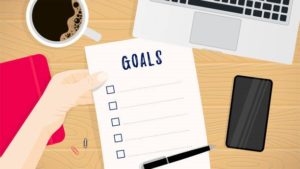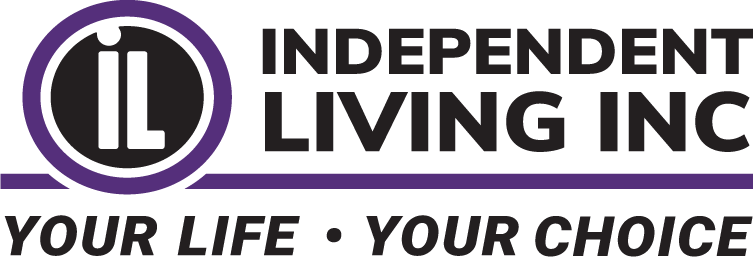New Beginning Series Part One: Realistic Resolutions
By Maisha Ahmed

NY Project Hope is a crisis counseling program that provides support and resources to help people cope with the challenges of the Covid-19 pandemic
In the previous blog, it was mentioned that often times the beginning of a new year or the end of a year is sort of like a reset button for most people. Some of us are relieved to end a year of hardships, others are proud of the achievements that they made and would like to continue it in the new year. Either way, it’s been a tradition for most of us to make some sort of resolutions for the new year. In some sense, it’s a way to keep us motivated, better ourselves, have something to look forward to. But did you know that in reality more than half of us fail to keep our resolutions? The biggest issue is that we have unrealistically high expectations of ourselves and when we fail to meet those expectations in a quick manner, it tends to feel demotivating. To address this issue, today’s topic will be on how to set up realistic goals or resolutions for the new year.
Tips on Setting Realistic Goals and Resolutions
- Start with small steps: Although it’s easy to hype ourselves up by looking at the bigger picture through making goals such as losing 200 pounds or traveling to five different countries by the end of the year, why not break up that huge picture into little pieces that will eventually come together in the end? For example, one of my biggest goals have always been to lose a significant amount of weight. Instead of putting a lot of pressure on myself even by setting up the goal of losing ten pounds each month, I promise myself to lose at least one or two pounds a week. In addition, my goal is to start off going to the gym for 30 minutes a day before making it fives time a week for an hour a day. I’d like to remind myself that it’s the little steps that counts no matter how small it seems.
- Limit your goals or resolution: When planning things out, it’s easy to get carried away when we think about our wants but taking on too many tasks might be daunting and stressful. It’s also much easier to quit and feel dejected when we fail to complete multiple objectives. In addition, it does take time to change our behavior as well as habits so give yourself a break and focus on one or two goals.
- Put time into planning-It’s essential to pick a resolution ahead of time so you can put time and effort into brainstorming and finding ways to tackle your goals. Having a detailed plan can tackle any challenges you may face along the way. It’s also a good preventative measure from any sort of distractions.
- Renew your motivation: It’s sort of weird to think of motivation as something to renew but when you really think about it, it makes sense. In the first few months, we are really excited and pumped up. Every day we are looking forward to those steps that will eventually take us to our goals
A Little Reminder: Be Kind to Yourself

I would like to end this blog by reminding everyone not to be so hard on yourselves. It’s okay to have multiple attempts for the same goal, it’s okay to fall down, it’s okay not to meet every single expectation. Please do not undermine your hard-work, efforts, and achievements no matter how small it might seem in your eyes. What helps me keep going is not seeing it as having a good year; rather, I like to wake up each day and think I had a good day. The new year may be a milestone in terms of reinventing oneself, evaluating priorities, and making improvements but don’t let certain deadlines that are not met demotivate you. With that being said, I wish a lot of happiness for you all!
As always, Project Hope is also here to help you! Sometimes it can be helpful to talk to someone you don’t know! Want to know more about how we can help? Give us a call at 845-762-2275. Talking to us is always free, anonymous, and confidential.
Maisha Ahmed is a crisis counselor from Independent Living, Inc. working on with the NY Project Hope program.
Further Reading and References:

